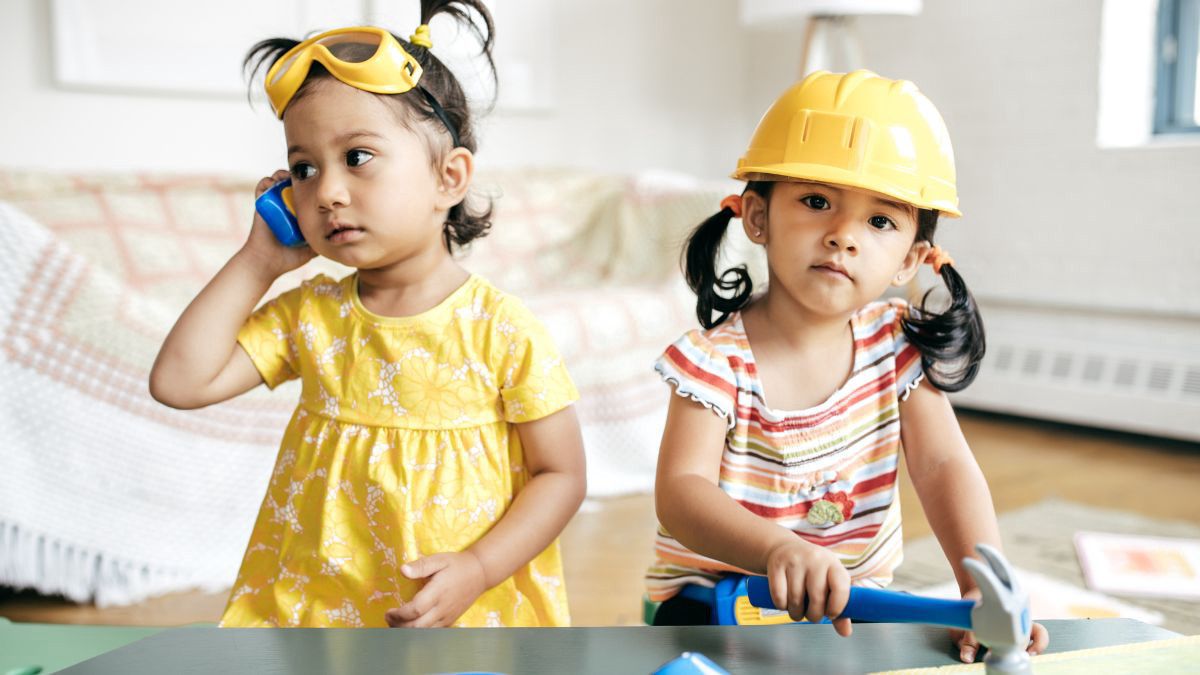YOGYAKARTA - Children need a long time and process before they are able to speak smoothly. Before being able to draw up sentences well and answer them smoothly, children must go through various stages of developing speech.
Each child has different developments in smooth speech. In real life, maybe you will see a child who talks faster than other children. This child's speaking ability is often a parent's concern if his baby is felt to be slowly developing.
In general, there are patterns that can be used as guides for parents to monitor the development of their children's language and communication. Understanding the stages of children's speech development is very important to support the process of your little one learning to communicate.
Every parent wants their baby to speak faster. But of course not to be fluent in speaking, but children will go through the stages of the development of speech. As you get older, usually your child's speech skills will increase by themselves.
The following are the stages of developing children's speech that must be understood by parents to monitor the growth and development of children:
At this stage, babies begin to respond to voices and the surrounding environment although they have not been able to speak. They learn by listening to sounds from their parents, surrounding activities, and others. At the age of 2-3 months, babies will begin to make voices known as cooing, such as "ah" or "oh."
At the age of 4-6 months, babies start to be more active in using their voices to express their feelings. For example, babies communicate in ways such as laughing and crying, and start imitating adult voice tones.
In this phase, children begin to enter a more complex stage. They begin to emit repeated sounds such as "ba-ba-ba" or "da-da," known as babakbling. This ability is an important sign in the development of children's language as they begin to experiment with various combinations of voices.
At the age of 9 months, babies began to understand several simple words such as "mama" and "Papa". Although not always using it properly, this habit shows an increase in your little one's speech skills.
Around the age of 12 months, children usually start saying their first words. This word may be the name of the closest people such as "mama" or objects that are often seen like "ball."
At the age of 18 months, children usually have about 5 to 20 words. In addition, they begin to understand more words than they can say, which shows an increase in language understanding.
At this age, children begin to combine two words to make simple phrases such as "wanting milk" or "Papa home". This ability shows that children begin to understand the relationship between words.
They can start using a combination of words to express their desires or needs. Their vocabulary is also growing significantly, and they are starting to try to imitate the words they often hear.
SEE ALSO:
At the age of 2 to 3 years, children are usually able to form simple sentences consisting of 3 to 4 words. For example, saying words like "I want to play" or "it's a red ball".
At this stage, they begin to understand the basic grammar although it may not be entirely appropriate. In addition, children begin to be able to follow simple instructions and ask questions with the word "what" or "where".
At this age, the development of children's speech becomes increasingly complex. Children start using longer sentences and are more grammatically appropriate. They also begin to understand the concept of time like "yesterday" or "tomorday," and use the words "care" and "but."
At the age of 4, children usually can speak smoothly. Although there are still some errors in the pronunciation or structure of sentences, children's speech skills are starting to show a better increase.
That is the general pattern of the development of children's speech that must be understood by every parent. As a parent, you must be patient in accompanying the baby's growth and development. The development of children's speech is a process that is gradual and takes time. Also read how to communicate with children who are getting older.
Stay up to date with the latest domestic and other overseas news on VOI. We present the latest and updated information nationally and internationally.
The English, Chinese, Japanese, Arabic, and French versions are automatically generated by the AI. So there may still be inaccuracies in translating, please always see Indonesian as our main language. (system supported by DigitalSiber.id)
















